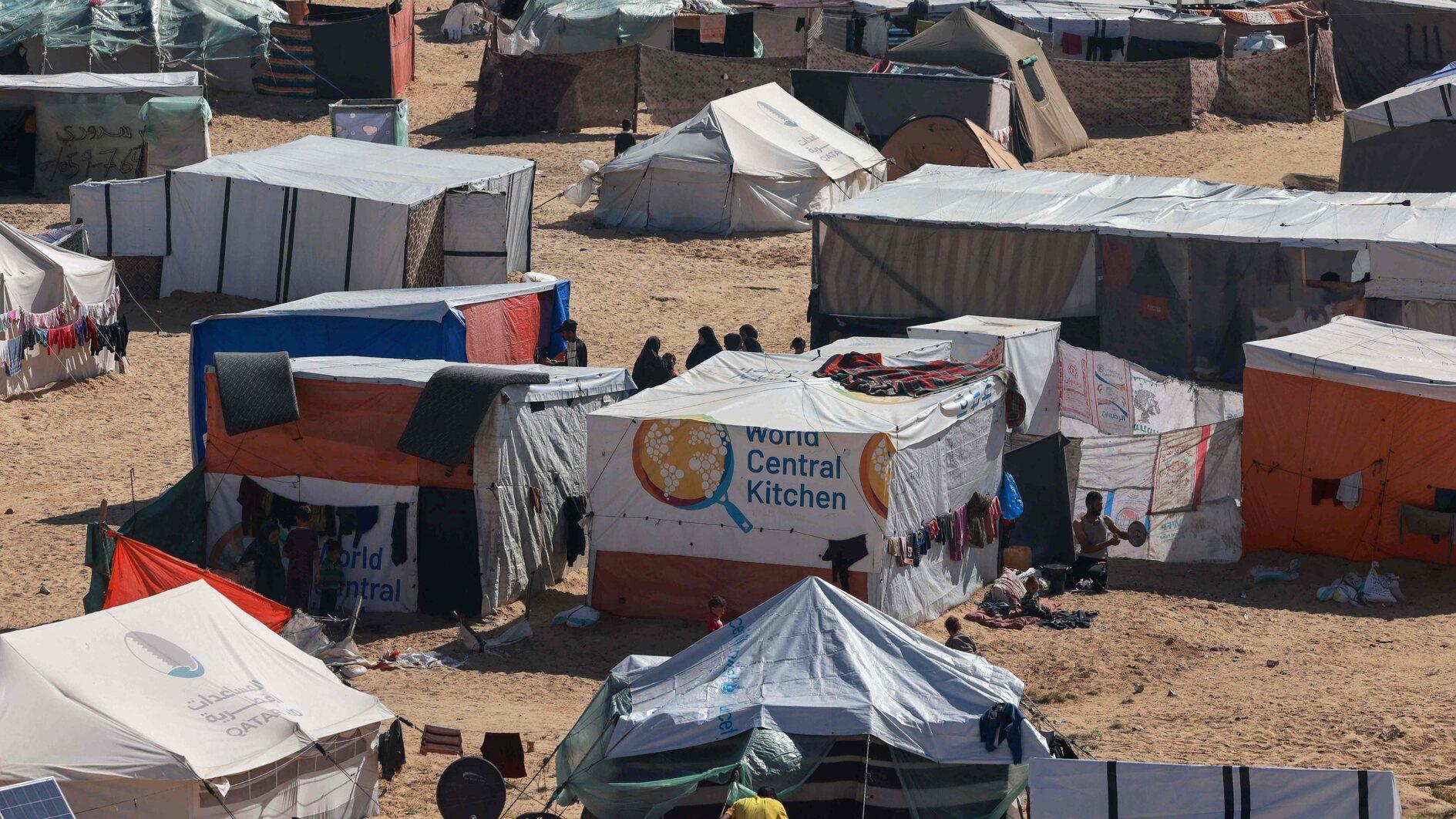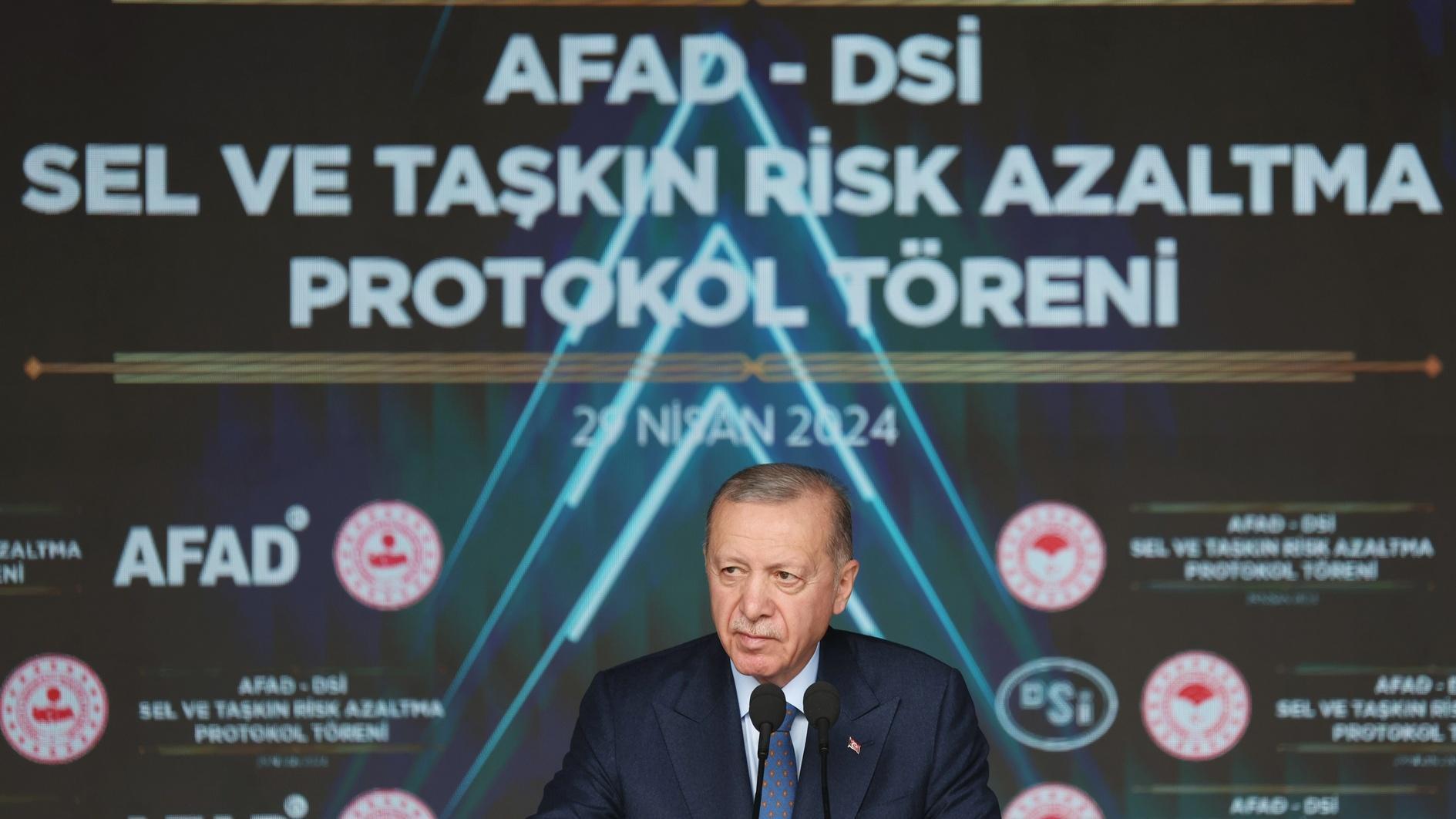Media Freedom is Vital to Democracy and Prosperity
Francis J. Ricciardone, Jr.
Information is power. Few people can make a living, hold their governments accountable, and educate their children without a healthy supply of free-flowing information. Citizens need accurate, timely, independent news they can trust. So do businesses and markets. And so do governments.Media freedom keeps societies and economies vibrant, energetic, and healthy. When the free flow of news, information, and opinion is inhibited, individuals, societies, and national economies suffer. Democracy suffers.
Prime Minister Erdogan is right: “It is not possible to talk about ‘democracy’ in a country where there is no freedom of expression.” And as President Gül has observed, freedom of the press, expression, and association is a defining characteristic of modern democracies.
Yet as people around the world observe World Press Freedom Day, hosted this year by UNESCO in Tunis, threats against journalists are rising. Journalists associations note there are nearly two hundred reporters in jail around the world for no “crime” other than reporting news or expressing views unwelcome to the authorities of their countries.
In the past year, the world has witnessed both the promise of free media, and the threats facing media freedom. Throughout the Middle East and North Africa, journalists, bloggers, filmmakers and pundits chronicled the protests sweeping across the region, while some citizens armed only with cell phones risked their lives to upload the truth - by text, tweet, and video.
In so doing, they were exercising a fundamental freedom enshrined in the 1948 Universal Declaration of Human Rights, which states: “Everyone has the right to freedom of opinion and expression; this right includes freedom to hold opinions without interference and to seek, receive and impart information and ideas through any media and regardless of frontiers.”
In the worst dictatorships, journalists may face physical threat or actual attack, killing, or disappearance. But threats to journalists can be subtle. Less brutal forms of oppression can be just as harmful to a society’s freedom and vitality. Such threats include prosecution or incarceration of journalists and public intellectuals for “crimes” ostensibly not related to their reporting or published opinions; and the threat or actual loss of their livelihoods.
Regardless of the form of intimidation, if even a few journalists are threatened or actually attacked, jailed, or fired, other journalists self-censor. They tone down stories, omit details, or stop reporting entirely. Sources stop helping them. Their editors, publishers, and broadcasters hesitate to print or to air their stories. Fear replaces truth. The public loses confidence in domestic media and ultimately their governments, and turns to global media for the truth. All of our societies suffer.
On the occasion of World Press Freedom Day, let us all recommit ourselves to protect the freedom and independence of journalists in all media throughout the world. We pay special tribute to those courageous journalists, bloggers, and citizens who have sacrificed their lives, health, or freedom so that others could know the truth. And we honor the role of free and independent media in creating sustainable democracies and open, healthy societies.
* Francis J. Ricciardone, Jr. is the ambassador of the United States to Turkey











